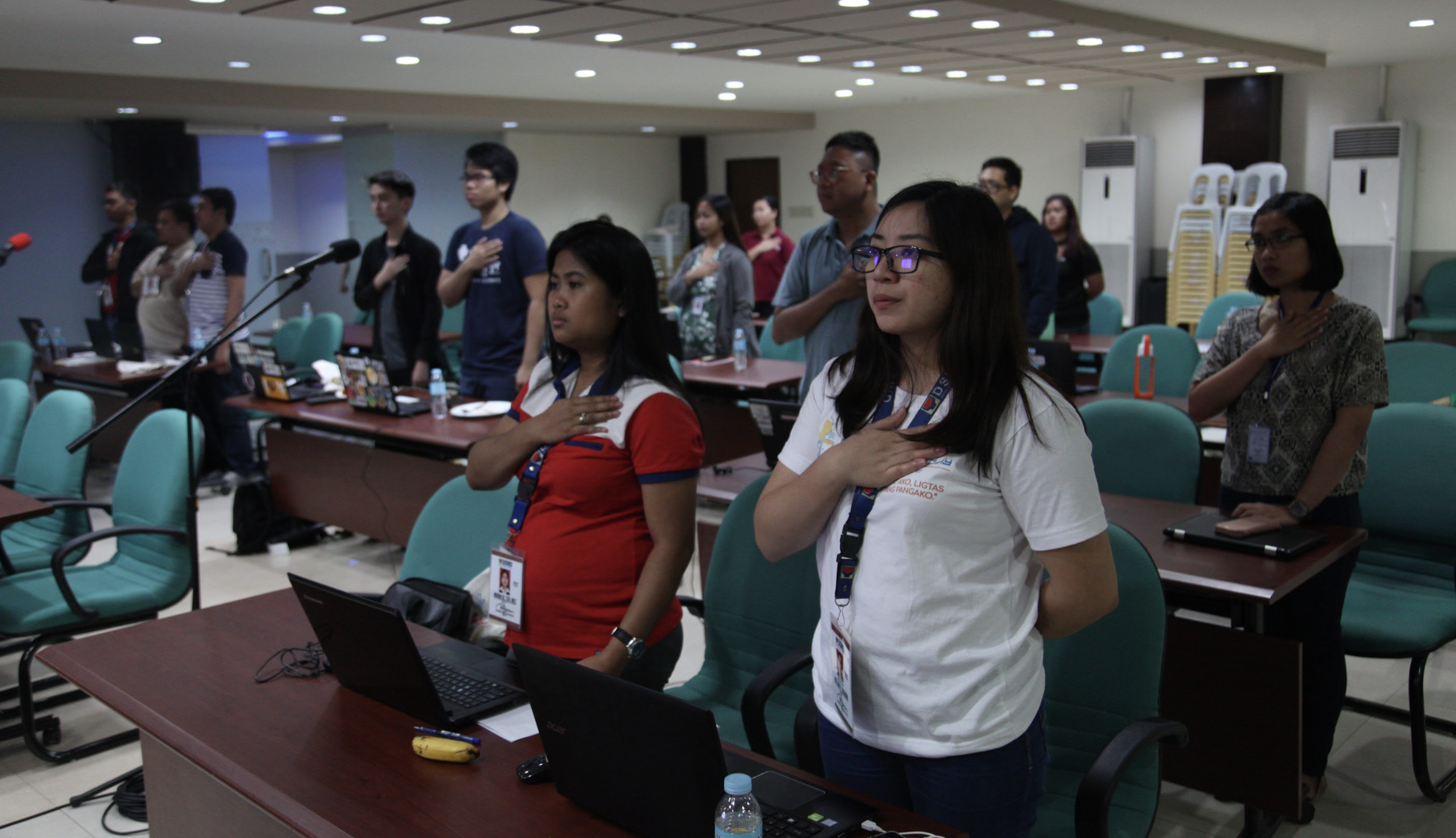MAPA
MAPA
babae
babae
Map
Woman
"Women, too."
“... men and women can have
dramatically different relationships
to particular resources.”
—Rocheleau, D. ,Thomas-Slayter, B.,
Edmunds, D., (1994)
to encourage more women OpenStreetMappers in the Philippines


Ende, 10th Century
Shanawdithit, 1800s



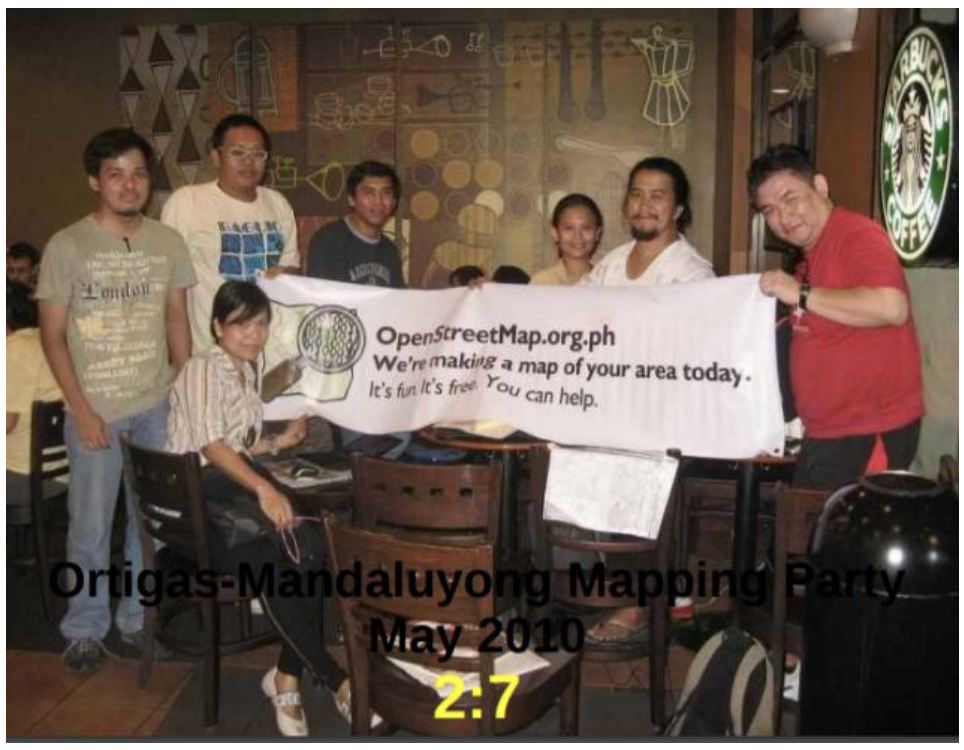
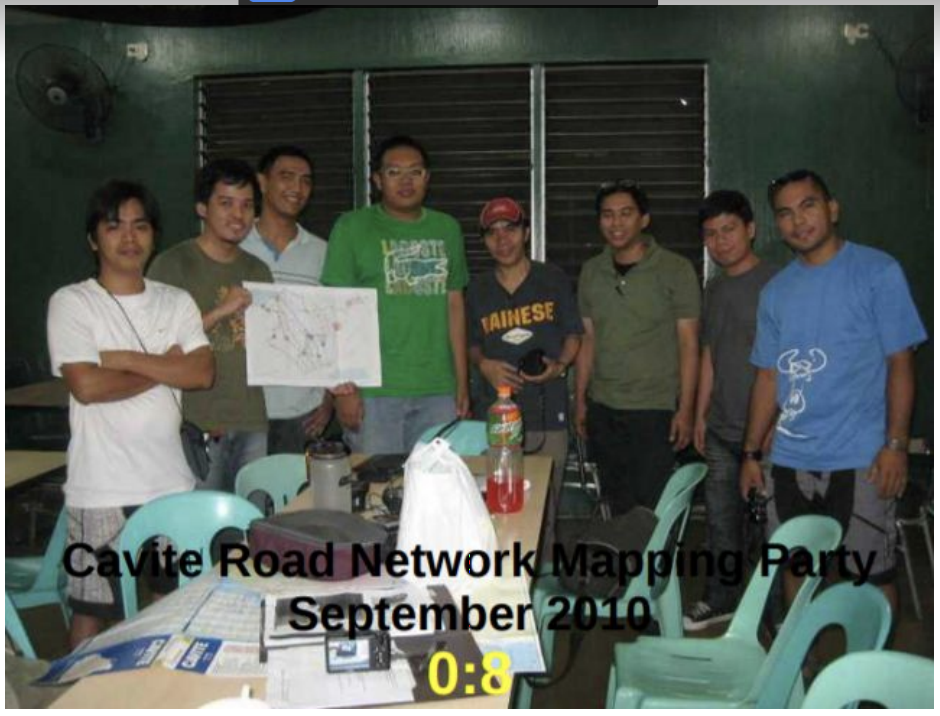

May 2009
May 2010
September 2010
September 2011

MAPAbabae I:
OpenStreetMap Workshop and Mapathon
with Women and For Women
March 2018

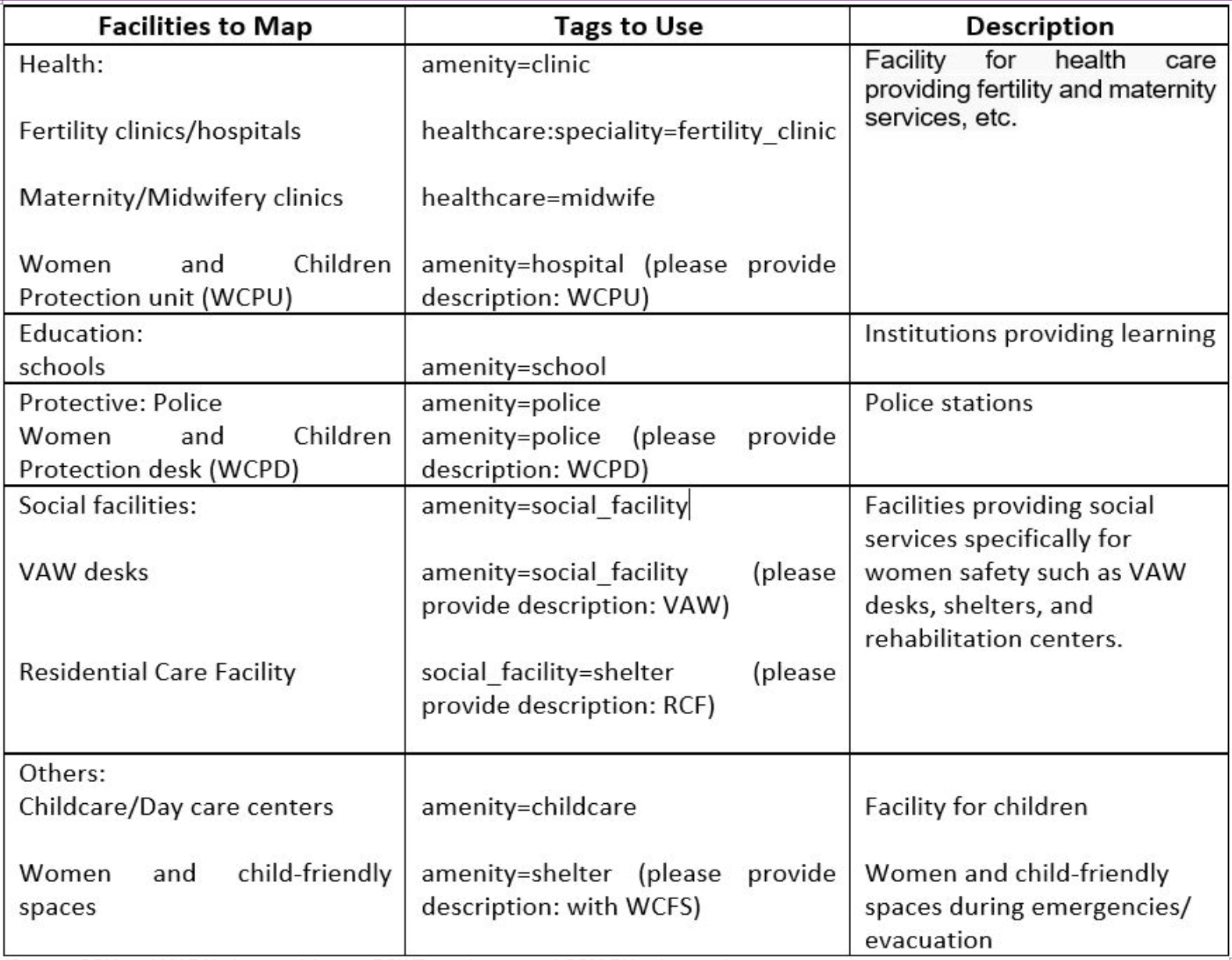
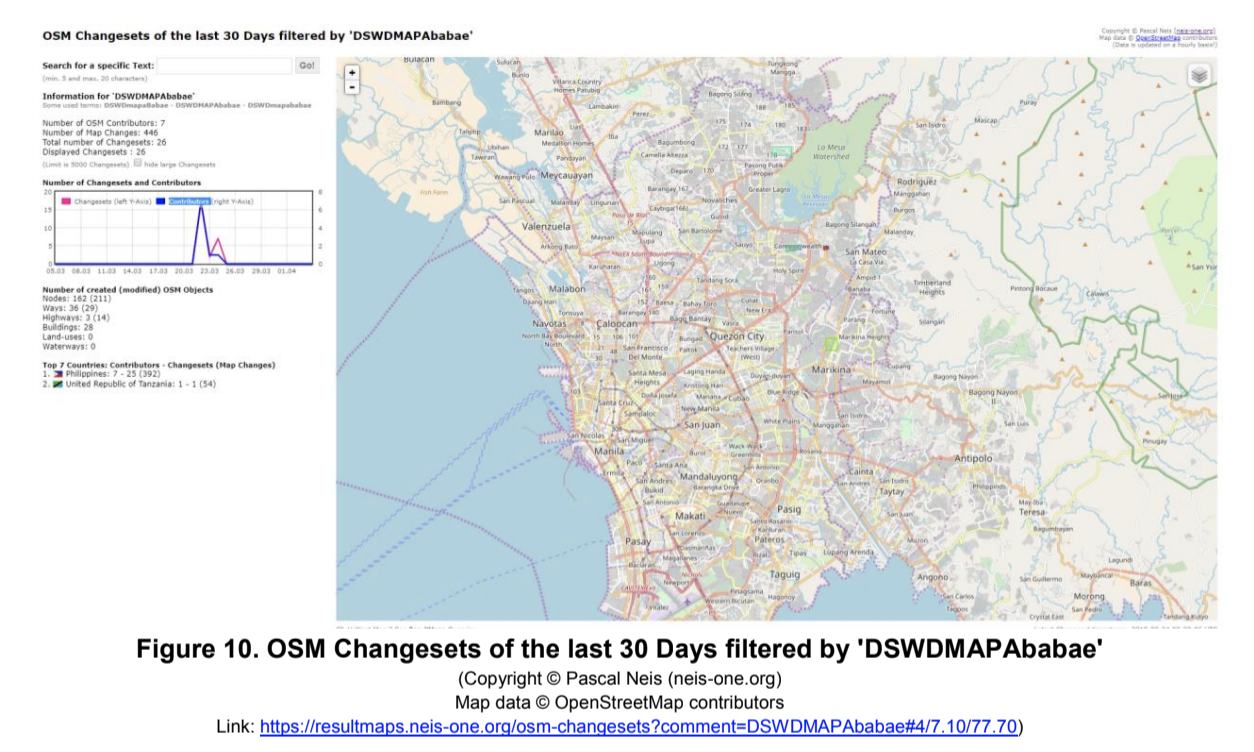

MAPAbabae II:
Mapping Violence Against Women and Children (VAWC) Desks and Centers
October 2018

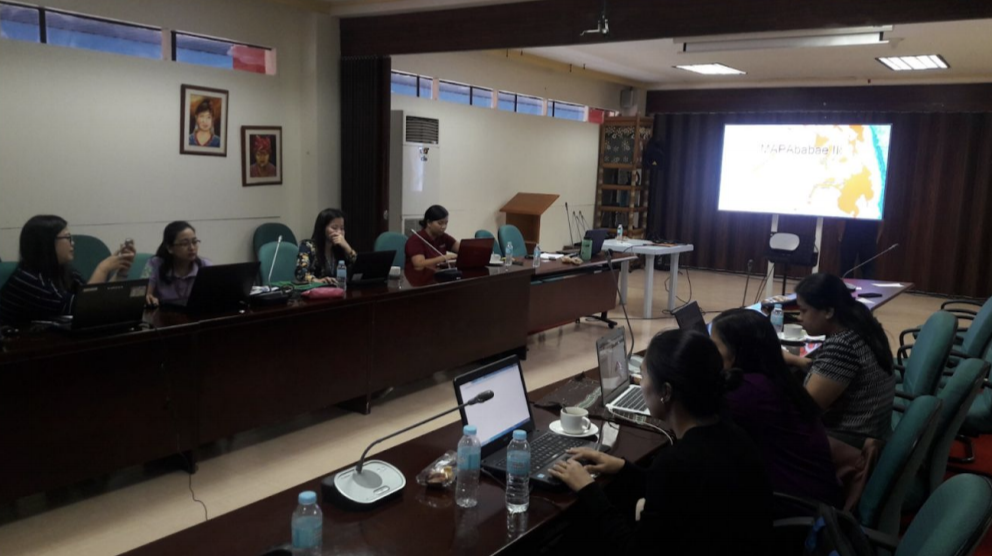
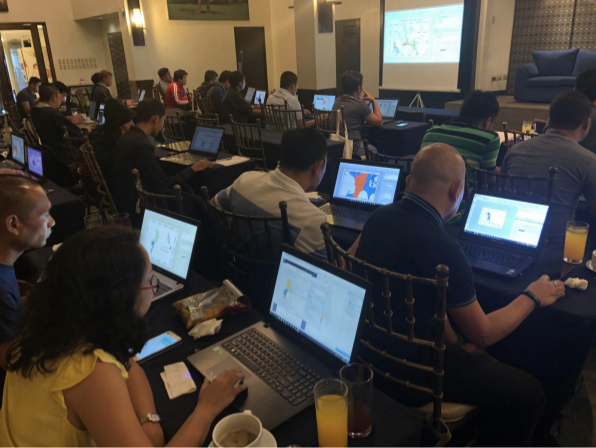


- These facilities are not mapped.
- These facilities need to be mapped.
- But some facilities must be hidden.
- The Map is not yet complete.
- There are still lots to be mapped.
MAPAbabae 2019:
When Women Map
March 2019
- Sharing and mapping on OSM focused on women as agents of development and answer the question: What happens when women map?
- “I recognized OSM as a venue to empower local knowledge.”
- “Maps are useful to locate facilities for operations especially in the far-flung areas.”
- “Women's perspectives matter. Inclusive mapping may bolster inclusiveness in political, social, and economic areas. It can be a tool for public participation and hopefully, democratization.”
Advocacy mapping of breastfeeding stations



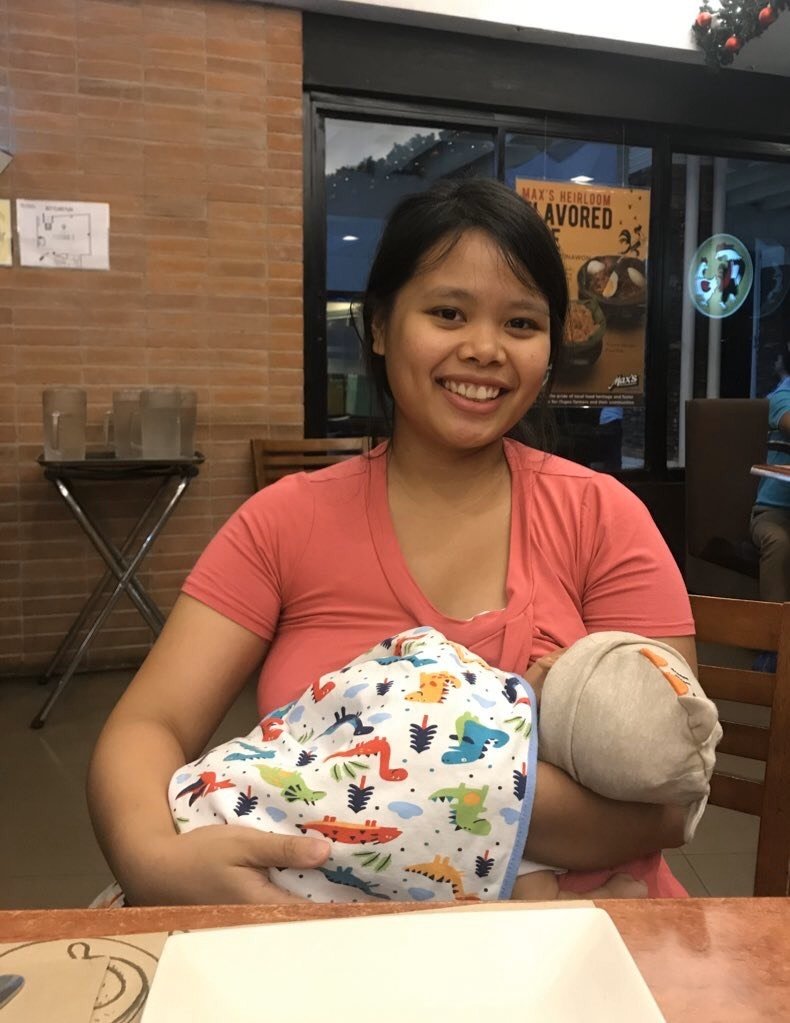

Violence Against Women During COVID-19
Violence Against Women During COVID-19
When we are able to prevent violence, or to support women survivors of violence, we help to safeguard women’s human rights, and promote physical and mental health and well-being for women throughout their lives. This also helps to alleviate pressure on already stretched essential public services, including the health system.
Women who are displaced, who are migrants or refugees, and those living in conflict-affected areas, older women and women with disabilities are particularly at risk of violence and are likely to be disproportionately affected by violence during COVID-19.
How does COVID-19 increase risks of violence for women?
- Stress
- disruption of social and protective networks
- loss of income
- decreased access to services
In many countries, where people are encouraged or required to stay at home, the risk of intimate partner violence is likely to increase. Please see the following resource for more detail: https://www.who.int/reproductivehealth/publications/emergencies/COVID-19-VAW-full-text.pdf
In addition, access to sexual and reproductive health services will likely become more limited. Other services, such as hotlines, crisis centers, shelters, legal aid, and protection services, may also be reduced, making it difficult for women to access the few sources of help that would usually be available.
Home is not a safe place for me. What can I do?
If you are experiencing violence, it may be helpful to reach out to family, friends and neighbors, to seek support from a hotline or, if safe, from online service for survivors of violence. Find out if local services (e.g. shelters, counselling) are open and reach out to them if available.
Make a safety plan in case the violence against you or your children escalates. This includes:
-
Identifying a neighbour, friend, relative, colleague, or shelter to go to in case you need to leave the house immediately for safety.
-
Have a plan for how you will exit the house safely and how you will reach there (e.g. transport).
-
Keep a few essential items (e.g. identification documents, phone, money, medicines, and clothes) available, and a list of telephone numbers in case of an emergency.
-
If possible, develop a code with a trusted neighbour so they can come to your aid in case of an emergency.
WHO: Q&A Violence against women during COVID-19
Mapathon Instructions
http://bit.ly/MAPAbabaeIIinstructions
Map these VAWC facilities:
http://bit.ly/MAPAbabaeIIList
through MapContrib:
http://bit.ly/MAPAbabaeII

https://facebook.com/geoladiesph
gis@dswd.gov.ph
GeoladiesPH
https://geoladiesph.github.io/home/

Please share with:
#WomenMakeChange
#DSWDMAPAbabae
#GeoLadiesPH



